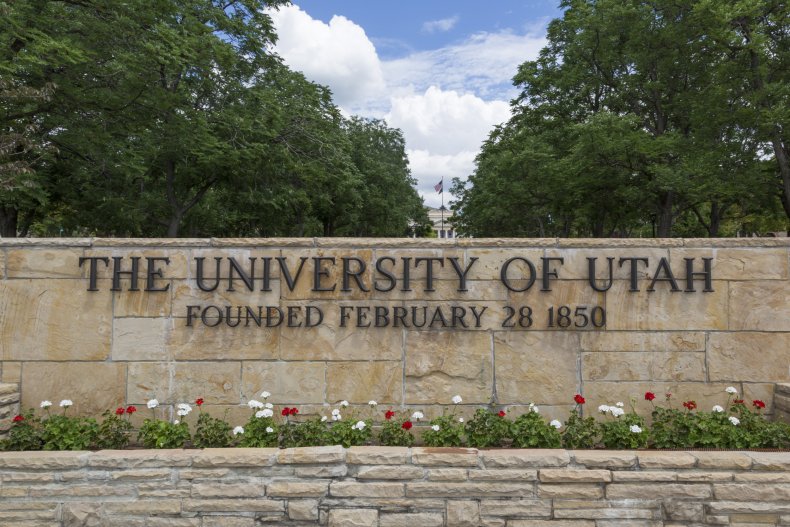After IDF dismisses and reprimands commanders, US demands “thorough criminal investigation” into death of Palestinian Arab after operation in Jiljiliya.
Israel National News
02.02.22 01:17

The US said on Tuesday that it expects a “thorough criminal investigation” into the circumstances of the death of Omar Assad, a Palestinian Arab with US citizenship, who died after IDF soldiers operated in the Palestinian Arab village of Jiljiliya last month.
On Monday, the IDF published the results of a probe into the incident, which resulted in a reprimand of the Commander of the "Netzah Yehuda" Battalion and dismissal of two other commanders, who will not serve in commanding roles for two years.
“We continue to be deeply concerned by the circumstances of the death of Mr. Omar Assad, a U.S. citizen who was found dead on January 12, 2022, after Israeli soldiers detained him in the West Bank. We note the public statement on the report of the Israeli Defense Forces (IDF) Commanders’ Investigation into the case and its findings, including the determination that ‘the incident showed a clear lapse of moral judgment’ and a failure to ‘protect the sanctity of any human life,’” said State Department spokesperson Ned Price in a statement.
“The IDF public summary of the investigation further states that disciplinary action is being taken against the commander of the ‘Netzah Yehuda’ Battalion and other officers responsible for the unit involved in the incident, and that the Military Police Criminal Investigation Division investigation of the case is ongoing,” he added.
“The United States expects a thorough criminal investigation and full accountability in this case, and we welcome receiving additional information on these efforts as soon as possible. We continue to discuss this troubling incident with the Israeli government,” stated Price.
“We convey, again, our deepest sympathies and condolences to the family of Mr. Assad. The Department of State has no higher priority than the safety and security of U.S. citizens abroad,” the statement concluded.




 Abd al-Rahim al-Nashiri was accused of plotting Al Qaeda’s suicide bombing of the U.S. Navy destroyer Cole off Yemen in October 2000, which killed 17 sailors.Credit...Dimitri Messinis/Associated Press
Abd al-Rahim al-Nashiri was accused of plotting Al Qaeda’s suicide bombing of the U.S. Navy destroyer Cole off Yemen in October 2000, which killed 17 sailors.Credit...Dimitri Messinis/Associated Press The University of Utah has been grappling with a pair of sexual assaults that were reported in January. Here, the entrance to the university can be seen.ISTOCK/GETTY
The University of Utah has been grappling with a pair of sexual assaults that were reported in January. Here, the entrance to the university can be seen.ISTOCK/GETTY
